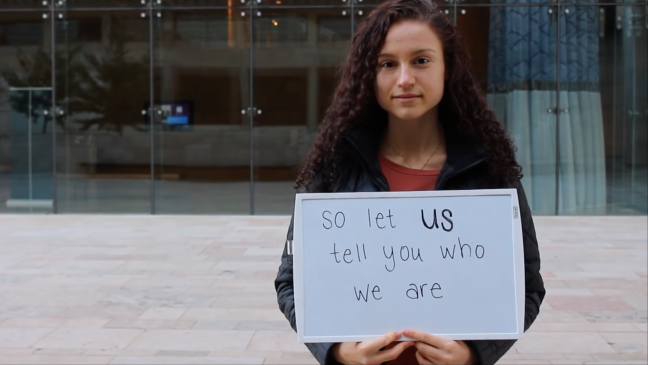The crime of stalking is not new. However, given the fast-paced advancements in technology and the ever-increasing use of these devices, stalking perpetrators have new tools to stalk victims.
Under Wisconsin state law, stalking is committed when one intentionally engages in a course of conduct directed at a specific person that causes emotional distress, fear of bodily injury or death. Examples of stalking behaviors may include sending emails, pictures, knowing this person’s schedule, or other actions meant to harass, track or frighten.
The Internet allows for perpetrators to access personal information and locations, making stalking more accessible than ever. Potential stalkers might find it easier to stalk via the Internet than in person. According to a study conducted by Katrina Baum and her colleagues in 2008, 1 in 4 victims report being stalked through the use or aid of some form of technology, such as instant messaging or email. Experts suggest since this study was done in 2009, this number has only increased.
While stalking through electronic means may not seem as dangerous as physically stalking, it is important to remember it is just as serious of a situation. Stalking reflects the victim’s feelings, not the perpetrator’s intentions. If the perpetrator’s actions cause a reasonable person to feel fear, or are threatening or harassing, they can be considered stalking.
Stalking may intensify with the use of social media sites such as Facebook, Twitter and Foursquare. Most of us are familiar with Facebook and Twitter, but for those who aren’t familiar with Foursquare, it is a location-based social networking site where users can “check in” at different venues. Users can connect with friends so each can see the locations where users have checked in.
Stalkers may use information taken from online sites such as these to further intimidate, harass or threaten their victim.
Stalking is never the victim’s fault. However, if you feel safer limiting personal information, schedules and contact information online, please do so. PAVE encourages everyone to do what makes him or her feel the most comfortable and safe, but we want to be firm – it is never the victim’s fault.
Students often joke about “Facebook stalking,” but there is a point when monitoring a person through social media crosses the line and must be addressed as a serious issue.
When phrases such as “Facebook stalking” become mainstream, this can minimize the experience of people who are stalked, especially those who are stalked with the use of technology.
It’s quite easy to brush off the use of this phrase, but take a minute and think about it. To say you “stalk” someone on Facebook is synonymous with saying you “frighten” or “harass” someone on Facebook. Even when phrases or words are said with harmless intent, the language our society invokes on a daily basis perpetuates violence and, in this case, minimizes the experience of those who are stalked.
Challenge yourself to stop using this kind of language and stop those around you. The next time your roommate tells you about the “Facebook stalking” she did during class, don’t just call her out on it, but educate her. Explain why using that language can be harmful to people who are stalked and the unfortunate issue of ignorance about stalking in our society.
For more information and resources on stalking, visit the National Stalking Awareness Month website at stalkingawarenessmonth.org.
If you believe you are being stalked, you can contact the University of Wisconsin Police Department at 608-264-COPS or the Domestic Abuse Intervention Service’s crisis line at 608-251-4445.
Maggie DeGroot is a senior majoring in journalism and a spokesperson for Promoting Awareness, Victim Empowerment. PAVE is a student organization dedicated to preventing sexual assault, dating/domestic violence and stalking on the University of Wisconsin campus through education and activism. For more information or to find out how to get involved, email [email protected].




















